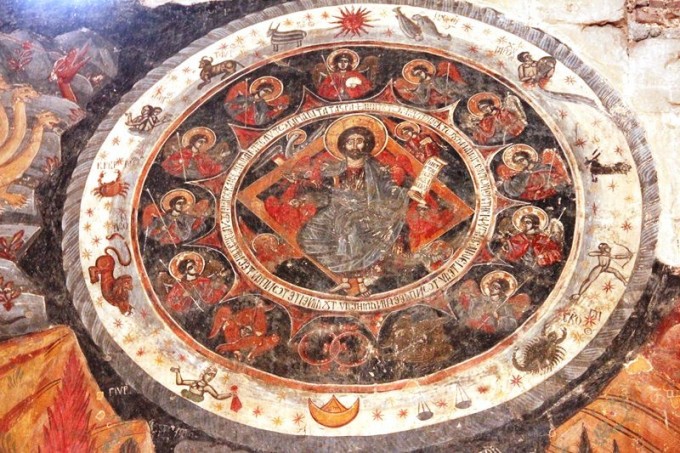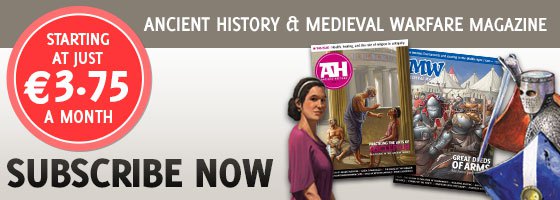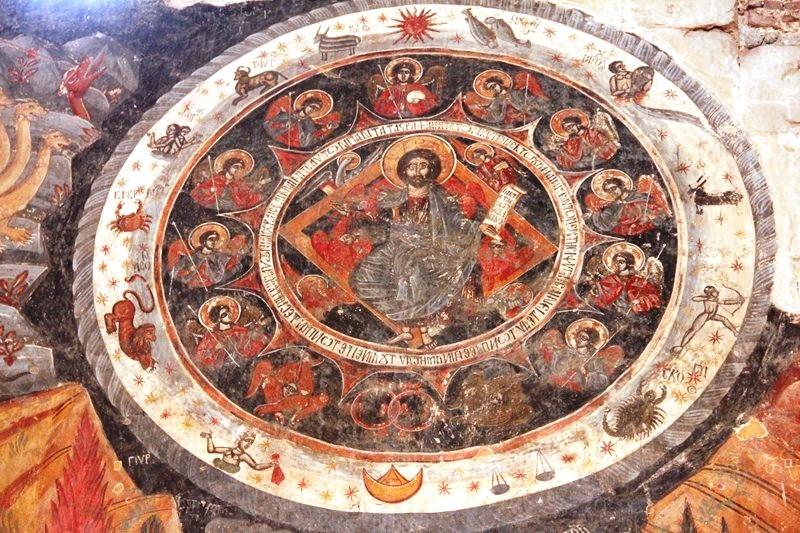Attitudes to astrology in early Christianity, a study based on selected sources
By Timothy Hegedus
Ph.D. Dissertation, University of Toronto, 2000

Abstract: Astrology was fundamental to the cultural and religious ” furniture”, as it were, of Greco-Roman society. The teachings and practice of astrology, its persistent popularity, and its close connections with other forms of pagan religion posed numerous challenges for early Christianity. It is therefore not surprising that the early Christians responded to astrology in a variety of ways. As in its dealings with other elements of Greco-Roman paganism, the range of early Christian responses to astrology was broad and multi-faceted. The object of the present study is to explore this variety by focussing on the treatment of astrology in a number of early Christian sources.
Part A examines the Christians’ negative reaction. On the one hand, they made use of stock anti-fatalist arguments which were available from Grew-Roman tradition such as criticisms of the precision of astrologer’s techniques; the argument that people with the same horoscope have different destinies; the argument that people with different horoscopes have common destinies; the argument from animals; and the moral argument. On the other hand the early Christians also generated new arguments against astrology which arose out of Christian belief and practice per se; a number of these are surveyed in Part A as well. The last section of Part A links at how early church authorities addressed the pastoral problem of people in the church who were consulting astrologers and/or practicing astrology.


 Part B goes on to examine evidence of more benign and positive responses to astrology among the early Christians. Astrological themes are shown to convey Christian theological meanings in the Matthean story of the Magi and the star (Matt 2.1- 12) and in passages from the book of Revelation. The accommodations made to astrology by certain early Christian writers (Bardaisan, Tertullian, Pseudo-Clement, Origen, Zeno of Verona) and groups (the allegorizers of Aratus, the Peratae, the Elchasaites, and the Priscillianists) are also discussed in Part B.
Part B goes on to examine evidence of more benign and positive responses to astrology among the early Christians. Astrological themes are shown to convey Christian theological meanings in the Matthean story of the Magi and the star (Matt 2.1- 12) and in passages from the book of Revelation. The accommodations made to astrology by certain early Christian writers (Bardaisan, Tertullian, Pseudo-Clement, Origen, Zeno of Verona) and groups (the allegorizers of Aratus, the Peratae, the Elchasaites, and the Priscillianists) are also discussed in Part B.
Click here to read this thesis from the University of Toronto
Sponsored Content


Attitudes to astrology in early Christianity, a study based on selected sources
By Timothy Hegedus
Ph.D. Dissertation, University of Toronto, 2000
Abstract: Astrology was fundamental to the cultural and religious ” furniture”, as it were, of Greco-Roman society. The teachings and practice of astrology, its persistent popularity, and its close connections with other forms of pagan religion posed numerous challenges for early Christianity. It is therefore not surprising that the early Christians responded to astrology in a variety of ways. As in its dealings with other elements of Greco-Roman paganism, the range of early Christian responses to astrology was broad and multi-faceted. The object of the present study is to explore this variety by focussing on the treatment of astrology in a number of early Christian sources.
Part A examines the Christians’ negative reaction. On the one hand, they made use of stock anti-fatalist arguments which were available from Grew-Roman tradition such as criticisms of the precision of astrologer’s techniques; the argument that people with the same horoscope have different destinies; the argument that people with different horoscopes have common destinies; the argument from animals; and the moral argument. On the other hand the early Christians also generated new arguments against astrology which arose out of Christian belief and practice per se; a number of these are surveyed in Part A as well. The last section of Part A links at how early church authorities addressed the pastoral problem of people in the church who were consulting astrologers and/or practicing astrology.
Click here to read this thesis from the University of Toronto
Sponsored Content